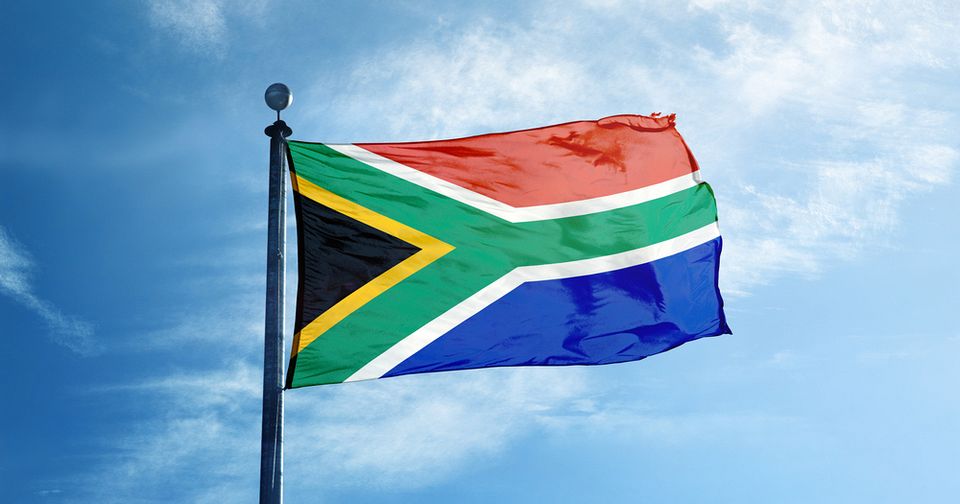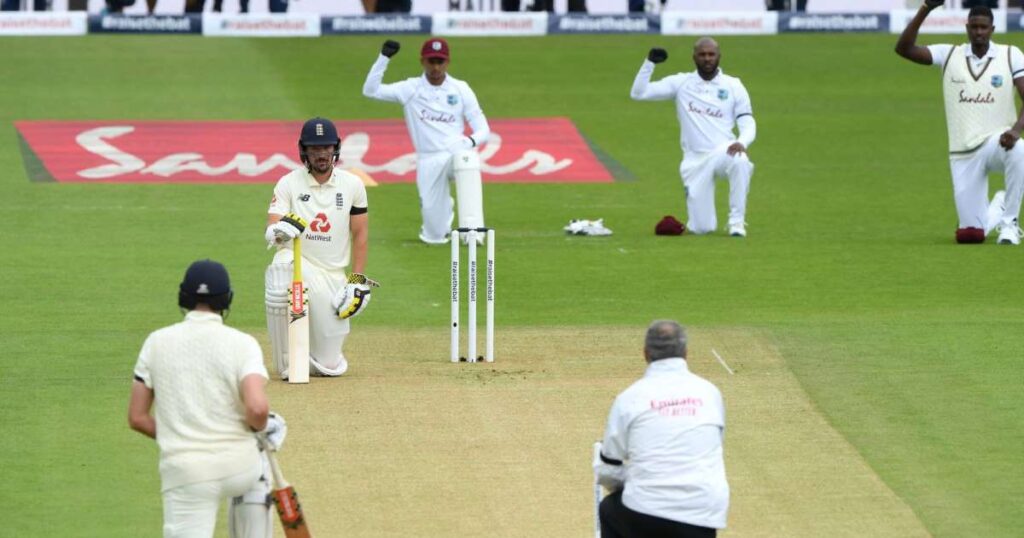It’s just not cricket

I was 11 years old when I asked my dad if he had any brothers or sisters. I always saw aunts and cousins on my mothers side but no one from my fathers. I realise now that his reply shaped my life more than any other conversation I had with him.
“I have a brother” he said. ‘“But I’ll never speak with him again”.
I was shocked. What on earth could stop someone speaking with their own brother? I looked up to my brother and sister; they were the special people in my life.
He looked so sad as he explained it to me. Brian and his younger brother Stanley had been close enough growing up, making music together. They sang together and spent much time practising close harmonies. But they became very different as they approached adulthood. Stan is not a good man, my father said.
A few years before this conversation, Stan emigrated to South Africa. Dad almost spat in disgust as he declared that the Apartheid regime suited Stan perfectly; the opportunity to feel superior to an entire population. My father then explained in detail the history of that faraway land and how brutally the indigenous majority were oppressed.
My young mind was blown away by this family revelation and the shocking awfulness of the racism. I quickly became obsessed with South Africa. A few months later a group of rebel English cricketers announced that they would play their white only team. In 1970 the International Cricket Council had voted to ban the Apartheid nation from playing because of the racism. These English players were disobeying that rule.
I was horrified by this rebel tour. Cricket was the only sport I enjoyed and looked up to the England team. At that age I had already soaked up the very British idea that cricket is about civilised behaviour. How could these men support the racists? My feelings were wrapped up in the emotions about my estranged and mysterious uncle. I felt what my father felt.
Cricket should have been a beacon against inequality. It should have been leading. They let South Africa down. They let us all down.
Almost four decades later and I can definitely take great pride in English cricket again. At the start of each test match with the West Indies I’ve watched both teams take the knee. Seeing West Indies players with black gloved fist in the air and everyone around respectfully taking part, has made me smile so much. The unity on display in support of the Black Lives Matter movement has been wonderful. Every player and commentator wearing an overt, clear BLM message is a powerful image and I’m so proud of the cricket establishment for making it such.

This willingness to be so active in protest within cricket, and the wider sporting world, is new. We have entered a different stage of public discussion this year. This is an opportunity to develop the conversation further. We all have a responsibility to draw attention to social injustice and the causes of that injustice. We have seen in recent times that some sporting figures are good at doing that. The conversation that needs to be had is about the cause of injustice. Why protest if you’re not willing to find out how we got here? The issue of racial justice is inseparable from drug policy. Drug prohibition is the structure of the institutional racism that prompted the Black Lives Matter movement. As we showed clearly in Drug Wars, punitive drug policy has always been about oppressing people of colour. It’s why it exists.
I’m appealing here to anyone involved in cricket, or any sport. Please engage with us at LEAP. Meet with us to understand the reasons for the injustice that you’re clearly aware of. Many do understand already. It’s not long ago that Gary Lineker called for drug law reform. TV personality and football commentator Tim Lovejoy understands this debate well and engages publicly on the topic in an intelligent way. He does this, I know, from a position of principle. It’s simply the right thing to do.
I can still remember my shame in 1982. The contrast with the pride I feel now is really dramatic and moving. I’m now hopeful that even more people with a public profile will take up this fight, and join us. As police and other law enforcement we have a powerful voice. We are winning people over with the evidence because people listen to us. But we are at our best when we support other voices in partnership. So please do join us. Because a policy founded in racism is just not cricket





Thank you for the great work you do. I hope to see the end of this harmful and idiotic Prohibition in my lifetime.